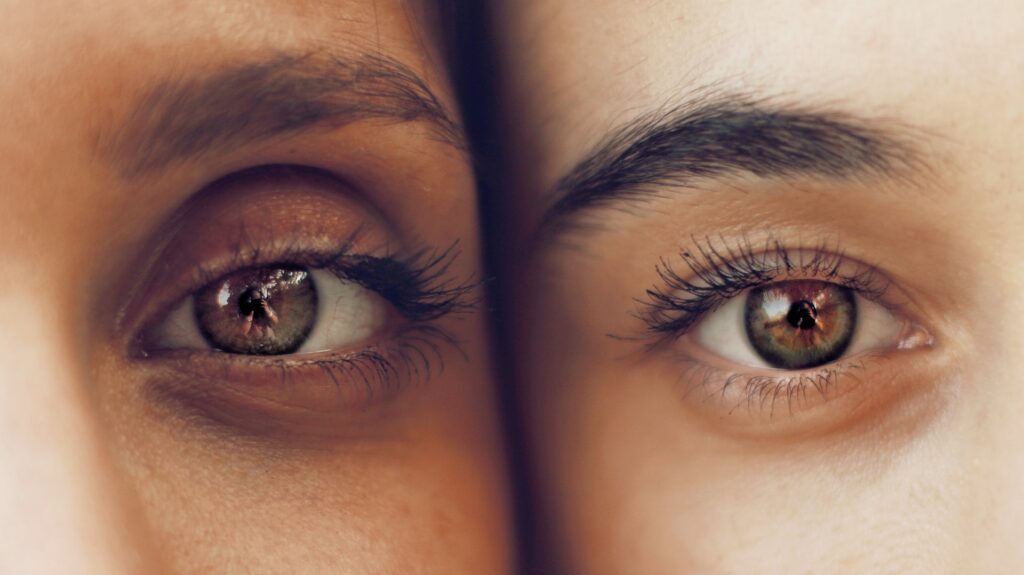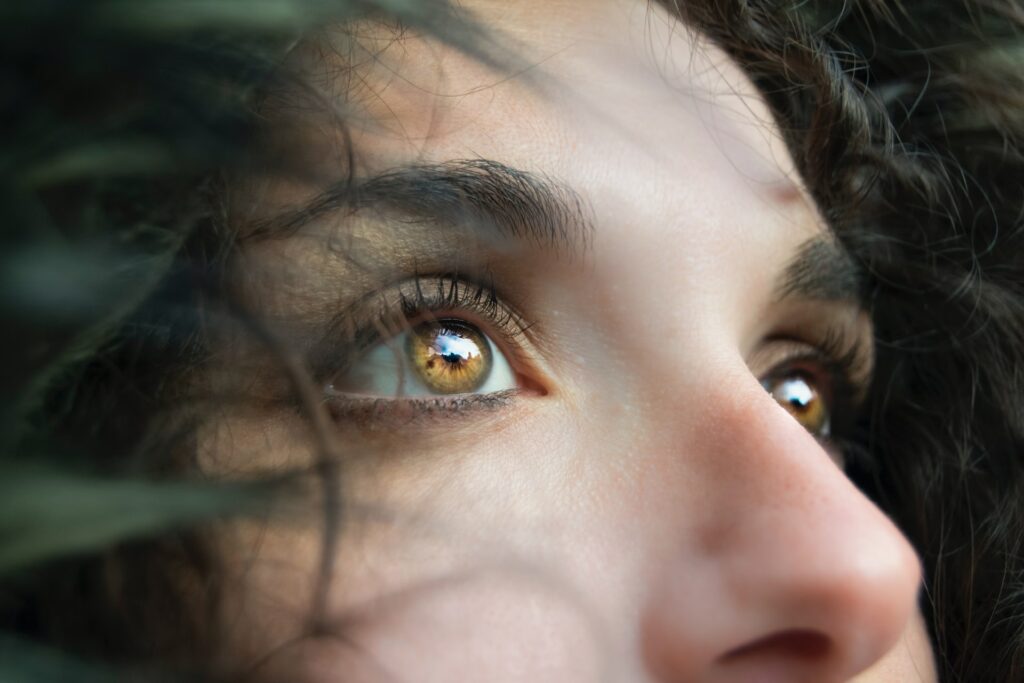Blinking is a natural and essential bodily function that most of us take for granted. But did you know that blinking can actually help you burn calories?
How many calories do you lose in a blink?
Blinking releases tears which then clean your eyelids of foreign objects. Blinking also moves the eye lubricating tear film across the surface of your eye removing debris that can blur your vision.
Why is blinking so important?
Your eyes are constantly exposed to the environment and blinking is your body’s way of protecting them. Blinking spreads tears over the surface of your eye, washing away dust, pollen and other irritants. It also helps keep the eye moist and comfortable.

How often should you blink?
You should blink every 5-10 seconds.
What happens if you don’t blink enough?
When blinking is suppressed, the tear film evaporates quickly and the eyes become dry and irritated. Blinking less than 10 times per minute is a symptom known as lagophthalmos.
Symptoms of this disorder include contact lens discomfort, excessive tearing, light sensitivity, eye redness and blurry vision.
What happens if you blink too much?
Excessive blinking can be a sign of essential blepharospasm or other focal dystonia (a neuromuscular disorder).
Symptoms include uncontrollable closure of the eyelids and pain and discomfort. It can affect people across all age groups, but is most common among women.
Can blinking be controlled by the brain?
Many functions of the body are regulated unconsciously, including breathing, heartbeat, etc. Blinking is also an automatic function that can be consciously suppressed for short periods of time without adverse effects.
Long term suppression however will cause dry eyes and irritation. 7. Do you need to blink when you’re staring at a computer screen?
While it is generally recommended to blink every 5-10 seconds, there is no evidence that staring at a computer screen causes people to blink less.
In fact, one study found that people who use computers blinked more often than those who did not. However, if you are experiencing symptoms of dry eye, it is recommended to take regular breaks away from the computer.
How long can you go without blinking?
The world record for voluntary blinking is 44 minutes! We blink an average of 25 times per minute, which means that in just one hour we blink 15,000 times!
Is blinking a sign of intelligence? Do animals blink?
Some studies have suggested that children with autism blink less often than their neuro-typical peers, however there is no evidence that the amount you blink correlates with your intellect. In fact, some scientists believe that more intelligent species evolved without a need to blink.
Tips for better eye health and less fatigue
-Blink every 5-10 seconds to keep your eyes moist and comfortable
-If you are experiencing symptoms of dry eye, take regular breaks away from the computer
-Consciously blink every few minutes when you’re reading or working on a task that doesn’t require much focus
-If you are a contact lens wearer, make sure to use lubricating eye drops or saline solution regularly
-If you have a smart phone, use the “eye break” setting which plays a short animation on your screen when you need to blink
-Use artificial tears until you get in to see your eye doctor for a more thorough examination.
Conclusion
Blinking is an automatic behavior that refreshes the eyes and prevents them from drying out. The amount you blink varies according to the level of your attention.
You can consciously suppress blinking for short periods of time, however it is not recommended that you do so. Consciously thinking about blinking takes away from the mental resources your brain could be using to focus on other tasks.
You should keep blinking regularly throughout the day, focusing on closing your eyes for a couple of seconds when you find yourself staring at any one object for several minutes. Stay healthy!



